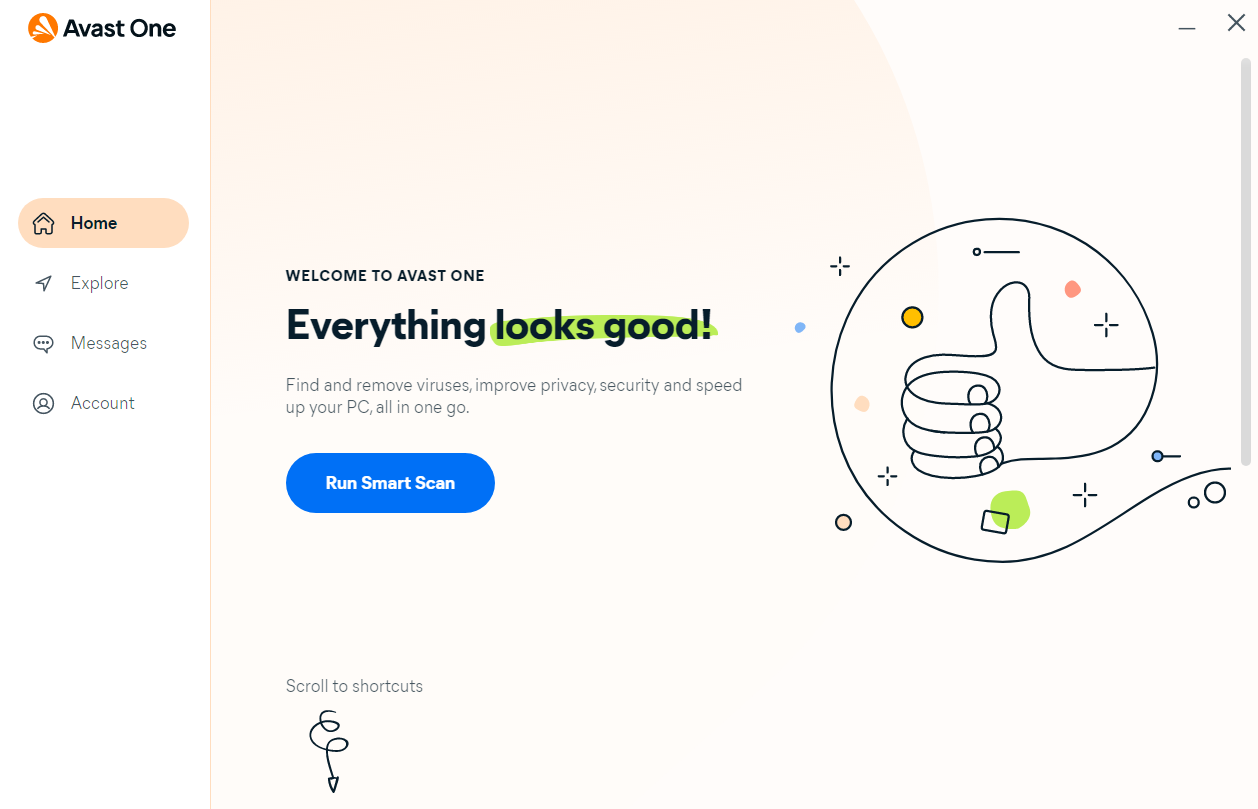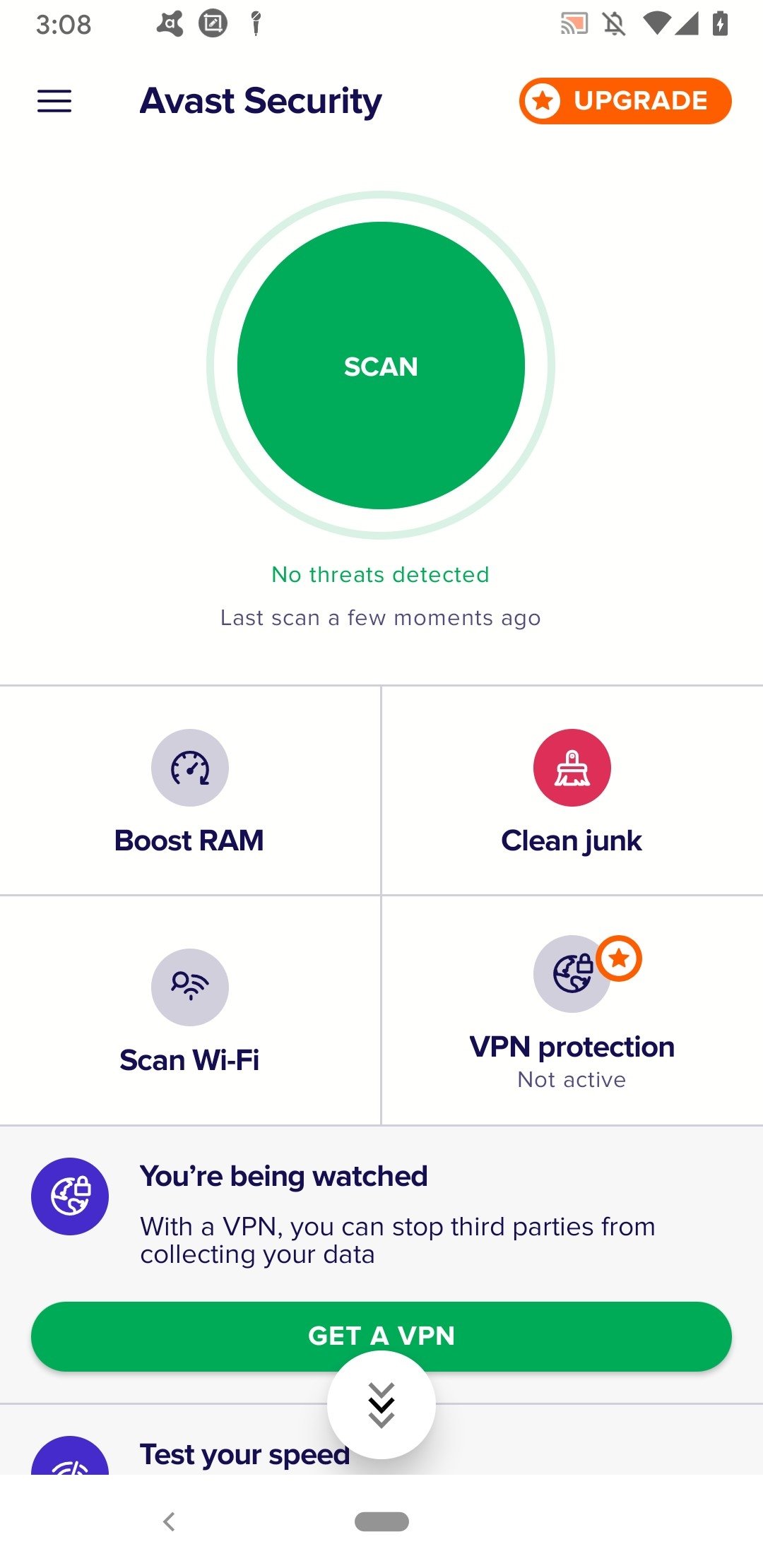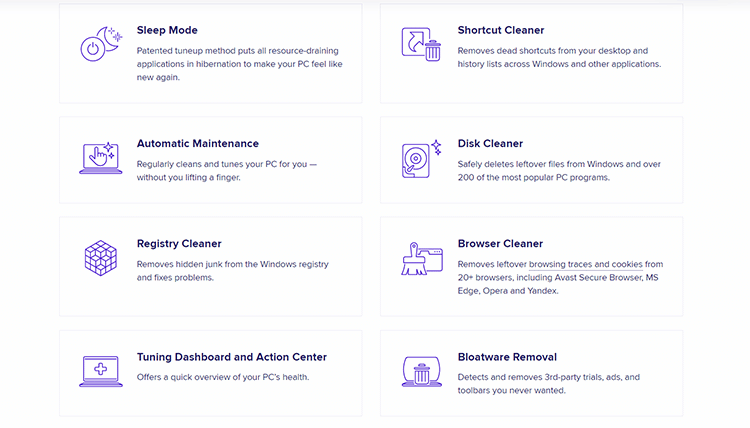
IS AVAST ANY GOOD OPTIMIZER SOFTWARE
This seemed to work for while, until the smart guys in the industry started noticing that the volume of malicious software being released on the Internet each year was growing at fairly steady clip. After that, they’d typically write reports about the new threats, and then ship “detection signatures” that would ostensibly protect customers that hadn’t already been compromised by the new nasties. Most antivirus firms at the time had a couple of guys in the lab whose job it was to dissect, poke and prod at the new crimeware specimens. The entire "No Antivirus Hypothesis" is flawed.Let me post the same post I made on wilders about the argument.Ībout 15 years ago, when the antivirus industry was quite young, there were far fewer competitors in the anti-malware space. This means that interception has largely been ignored and there is little consensus if an alternative solution should be sought out." First, while the internet community has always known HTTPS interception was happening, the scale of it was likely not realized. The authors pointed out that the problem here is multi-faceted. Some of these connections are weakened so severely that they can be easily decrypted today – while others could be broken in a few years when computing power increases. Poorly encrypted data can be captured and stored by anyone who can monitor the network (such as the government, or your ISP operating under court order from the government) and then decrypted. In the context of corporate networks, this means that using an interceptor not only makes it easier for you to monitor your traffic, but it’s likely making it easier for other people to monitor your traffic. While they may very well do that, it comes at the cost of crippling the encryption that protects that data. These products are meant to provide more security – by allowing for network monitoring and anti-virus and malware scanning. This means that both consumer and corporate traffic is being severely harmed by their own HTTPS interception products. A whopping 15 products scored an “F” and 9 a “C” (that’s 24 of the 26 products). The study tested 26 products from 13 vendors including major anti-virus software makers Avast, AVG, and Kaspersky.

" Anti-virus software performed even worse. Even though Avast seemed to be better than others in the test, there is no guarantee that the new build is not as harmful as the others!

(Microsoft, on the other hand, is generally competent.)"Ĭ) At last, read about the serious problems using interception (which is turned on by default). These bugs indicate that not only do these products open many attack vectors, but in general their developers do not follow standard security practices. More likely, they hurt security significantly for example, see bugs in AV products listed in Google's Project Zero.

" At best, there is negligible evidence that major non-MS AV products give a net improvement in security. Once it was a very cool and slim software, but now it is nearly worse than Norton a few years ago!Ī) Just read about the neverending problems with the new build in this forum!ī) Then, consider this advice from a famous Firefox-developer:
IS AVAST ANY GOOD OPTIMIZER FREE
After seeing the fiasco with the new Avast Free Antivirus I am seriously thinking about uninstalling this bloated thing.


 0 kommentar(er)
0 kommentar(er)
